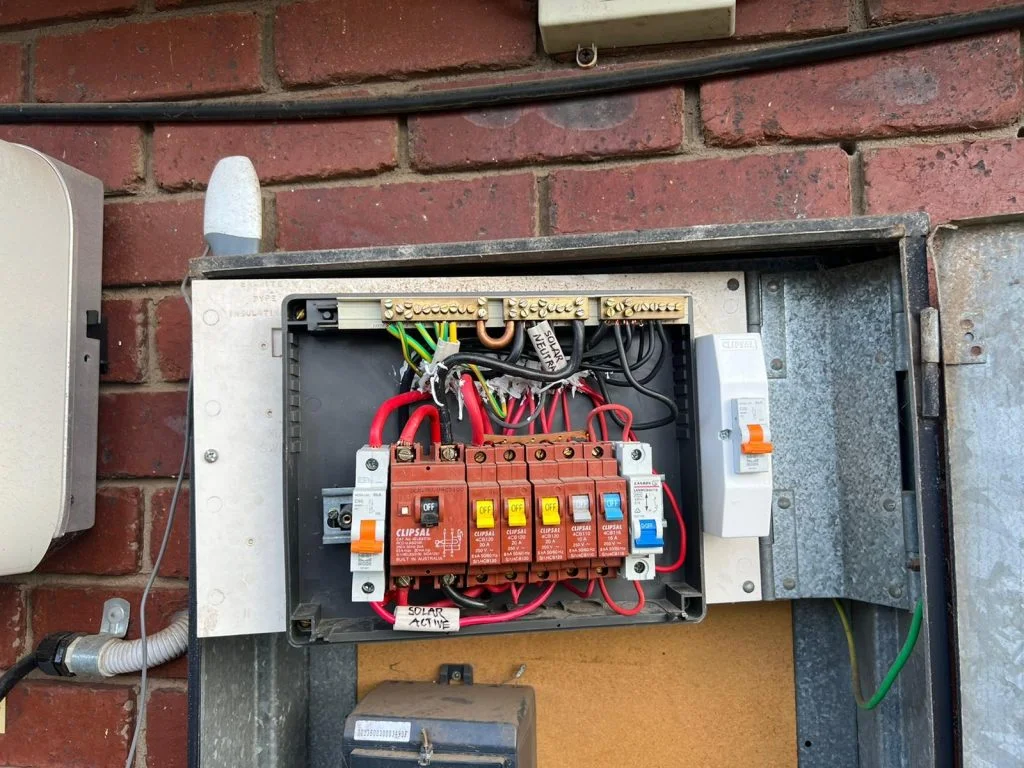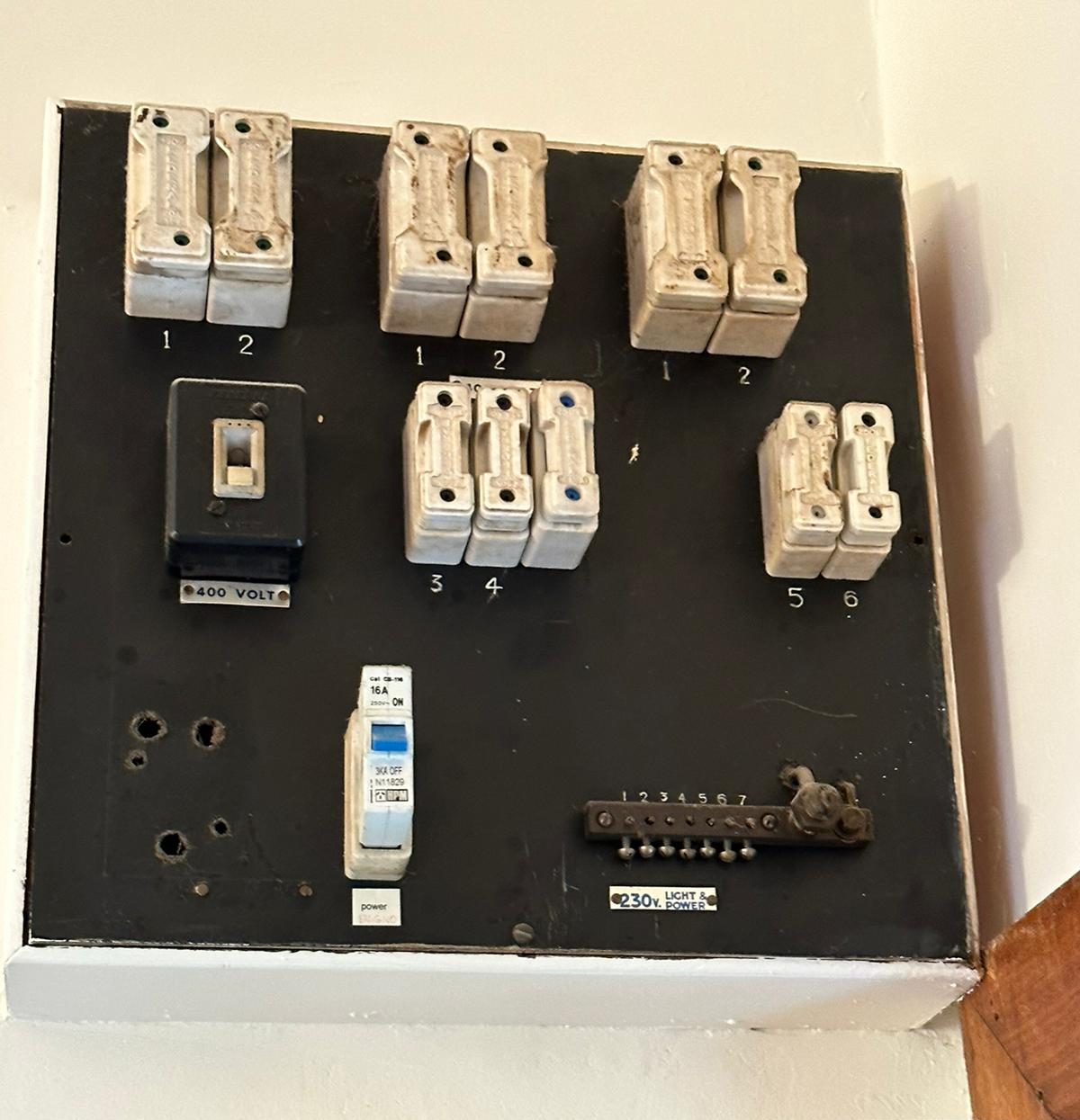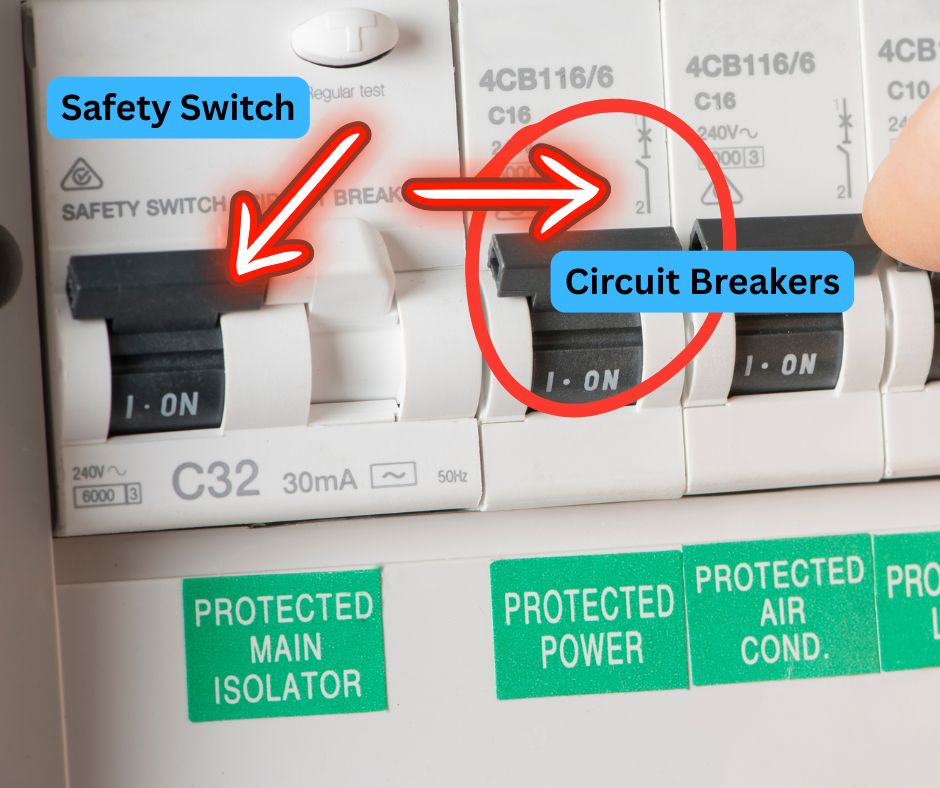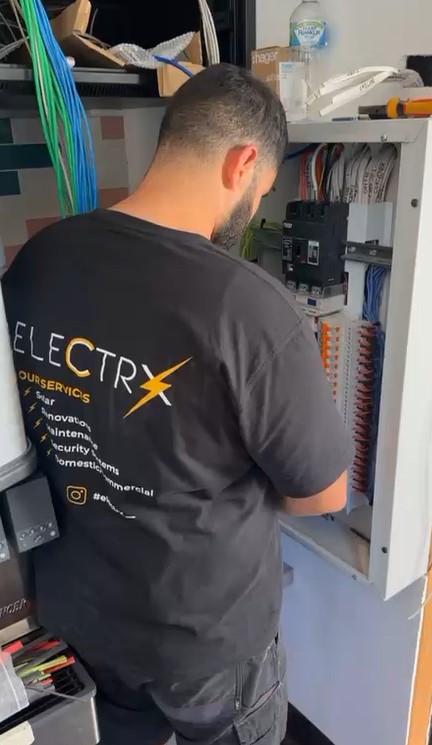Uncover the Root Causes of a Blown Fuse Box and Their Potential Consequences
A fuse box may fail due to several factors, including overloaded circuits, short circuits, defective appliances, or the inevitable wear and tear of aging components. In particular, older fuse boards that use ceramic fuses are particularly vulnerable to breakdown as they age. When a fuse blows, it serves as an essential alert that your electrical system has exceeded its safe operational thresholds, prompting immediate investigation to avert more serious issues.

Understanding a Blown Fuse Box: A Sign of Significant Electrical Issues Beyond Simple Power Interruptions!
Residents of Melbourne’s western suburbs often reach out to us when they experience unexpected power outages. Whether these outages stem from burnt wiring, melted electrical tape, or frequent circuit tripping, understanding the root causes is essential for ensuring safety and reliability. This article is designed to offer an in-depth exploration of the potential complications that can affect your electrical system, alongside the most effective steps to take to restore safety and functionality to your home.
1. Recognising Key Warning Signs of a Blown Fuse Box
While not every power outage indicates a faulty fuse box, there are specific symptoms you should closely monitor. These warning signs encompass:
- Partial or complete power loss throughout your home
- Inability to reset one or multiple circuits after they have tripped
- Odour of burning plastic near the fuse board, which may suggest overheating
- Visible black marks or melted plastic around the fuses, indicating damage
- Ceramic fuse wire that has broken or completely disintegrated
If you are uncertain about the condition of your fuse box, our Emergency Electricians are on hand, ready to inspect, repair, or safely replace any defective components to ensure that your electrical system operates effectively and securely.
2. Exploring Common Reasons Behind a Blown Fuse
Overloading Circuits with Multiple High-Power Appliances
Utilising an excessive number of high-consuming appliances on a single circuit can quickly surpass the fuse’s amp rating. For instance, running your oven, kettle, and toaster concurrently can create an overload scenario. This excessive demand places undue strain on the fuse, significantly increasing the likelihood of it blowing and potentially leading to a fire hazard.
Short Circuits Resulting from Damaged Wiring
A short circuit can occur if the wiring is compromised or if a malfunctioning appliance diverts electrical current from its intended path. This situation can result in an immediate fuse blow or circuit breaker trip, presenting a hazardous condition that requires urgent evaluation by a qualified electrician.
Wear and Tear of Components Due to Age
As time elapses, older ceramic fuses may experience corrosion, loosening, or overall degradation. With heat build-up caused by inefficient electrical flow, the fuse can ultimately fail, signalling an urgent need for replacement and potentially upgrades to modern standards for enhanced reliability and safety.
Issues Arising from Improper Fuse Wire Installation
It is not uncommon to find incorrect wire ratings in fuse installations—either too weak, leading to frequent failures, or too strong, posing significant dangers as they fail to adequately protect the circuit. Ensuring that the correct type of fuse wire is installed is crucial for both safety and optimal functionality.
-
 Old Ceramic Plugs
Old Ceramic Plugs -
 Now Upgraded
Now Upgraded
3. Comparing the Safety Features of Ceramic Fuses with Modern Circuit Breakers
If your home is still equipped with ceramic plug-in fuses, it is imperative to consider upgrading your switchboard. Ceramic fuses are:
- Slower to trip in the event of a fault
- More prone to unsafe bypassing by users
- Vulnerable to user errors, such as incorrect fuse wire installations or faulty connections
- Provide no protection against electric shocks, putting users at risk
Conversely, modern switchboards incorporate circuit breakers and RCDs (Residual Current Devices). These contemporary devices automatically trip and can reset quickly without requiring manual wire replacement. If your fuse box resembles an outdated model from the 1970s, it is undoubtedly time for a Switchboard Upgrade to enhance both safety and reliability within your premises.
4. Important Steps to Take When You Experience a Fuse Box Issue
If you are merely facing a tripped breaker, you can follow these suggested steps:
- Unplug all appliances connected to that specific circuit to alleviate the load
- Carefully attempt to reset the switch
- Reintroduce items gradually, one at a time
- If the breaker trips again, leave it off and contact us for immediate assistance

Guidelines for Addressing a Ceramic Fuse Issue
- Do NOT attempt to replace the fuse wire unless you are a licensed electrician, as this can pose serious hazards
- Avoid any DIY repairs, as they present safety risks and may be illegal
- Switch off power at the main switch and contact <a href="https://limitsofstrategy.com/electrx-assists-with-powercor-electrical-defect-notice-in-melbourne/">Electrx</a> for professional assistance
5. Our Thorough Methodology for Repairing Blown Fuse Boxes
Our expert team will commence the process by isolating the fault and conducting comprehensive circuit tests using safe, industry-standard tools. Our systematic approach includes:
- Determining the exact cause behind the blown fuse
- Testing appliances to evaluate if they are contributing to the issue
- Replacing any burnt or damaged fuse carriers
- Upgrading to a circuit breaker or RCBO when appropriate
- Issuing a Certificate of Electrical Safety for all completed work to ensure compliance with regulations
If your fuse board is outdated, we will discuss options for modernising it, integrating RCD protection, and optimising circuit layouts for enhanced safety and efficiency.
When Should You Contact a Qualified Electrician?
Experiencing a blown fuse once might simply be unfortunate. However, should this issue recur or if your fuse box shows signs of significant wear, it is crucial to take proactive steps. Reach out to Electrx for a thorough inspection of your system, to identify any faults, and to ensure that the issue is resolved effectively on the first visit. Our commitment is to maintain your power supply and to ensure your home remains safe.

Request Your Free Quote Today!
Explore Our Complimentary Electrical Inspections

Frequently Asked Questions About Blown Fuse Boxes and Associated Issues
Can I replace a fuse wire myself?
NO. In Victoria, replacing or rewiring ceramic fuses is classified as electrical work and must be conducted by a licensed electrician to ensure safety and compliance with regulations.
Is a blown fuse dangerous?
Yes, it can be especially hazardous if the cause is a short circuit or overload. If not addressed, these issues could escalate into severe fire risks or electric shock hazards.
What is the average cost to repair a blown fuse box?
Basic repairs typically start from a few hundred pounds. Should a complete upgrade be necessary, we will provide you with a transparent, fixed quote before commencing any work.
Do you offer after-hours emergency services?
Yes, we provide 24/7 emergency services to address blown fuses and restore your power safely and efficiently.
Receive Your Free Quote Today!
Inquire About Our Complimentary Electrical Inspections

The Article: Blown Fuse Box: Essential Tips and Next Steps first appeared on https://writebuff.com
The Article Blown Fuse Box: Key Tips and Actions to Take Next Was Found On https://limitsofstrategy.com
The Article Blown Fuse Box: Essential Steps and Advice to Follow found first on https://electroquench.com
